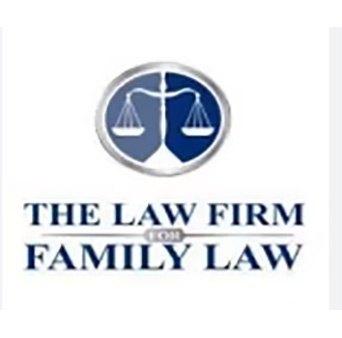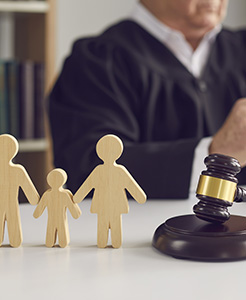Business law deals with the creation of new businesses and the issues that arise as existing.
Family law attorneys help their clients file for separation or divorce, alimony or child custody.
Civil litigation is the process in which civil matters are resolved in a court of law.

About Us
When you place your case in our hands, you are placing your case in the hands of professionals who are committed to achieving the best possible outcome.
Experts
in Their Field
If you are considering divorce or a family law issue, contact us today to arrange an initial consultation
Read moreFAQ

Lawyers, by virtue of a state's bar admission, are expected to both uphold the law and protect the rights of their clients. In addition to actually knowing the law, particularly within his or her practice area, an attorney must be able to communicate clearly with their clients, work competently to resolve their client's needs and be ethical in the performance of their overall handling of a case.
You may qualify for free legal help if you meet certain income requirements, especially if you are charged with a crime for which the sentence would deprive you of liberty (such as jail or prison time). For non-criminal matters, community legal clinics and lawyers working \"pro bono\" offer free legal services for those who qualify.
It depends on the situation and the breadth of service since only lawyers may practice law. Paralegals, for example, may represent you in certain situations involving complaints against a government agency (such as a dispute over Social Security benefits). You may also represent yourself in court, hire a notary public, or work with law students (under the supervision of a lawyer) under certain circumstances.
To become a lawyer, one must first complete special training and meet other professional requirements. Although each state has its own standards for licensing attorneys, most states require hopeful lawyers to obtain an undergraduate degree and then graduate from an accredited law school. Once the formal education is complete, they must also take and pass the state's Bar Examination (a rigid test of knowledge in all fields of law), submit to the investigation into their moral character and fitness to practice law, and be sworn in by the state or federal Supreme Court.
Testimonials
Absolutely the best attorney!!
The firm as a whole is courteous and professional. They give you straight answers as to what the process will entail and made me feel that they had a personal interest as to the welfare of me and my family. Their courtroom presence was organized, detailed and impressive. When Mr. Williams speaks on your behalf, know that he is fully informed and well prepared to do his very best to win your case - which he did for me and my family!
Gary and his staff are awesome!
While divorce isn't something we all strive to go through, he makes the process much easier. He is knowledgeable, determined and looks out for the best interest of his clients and their children. He and his staff communicate well and provide assistance when needed. Even after my divorce, there are still issues that arise and questions that need to be answered. He is always there to answer questions./q>




